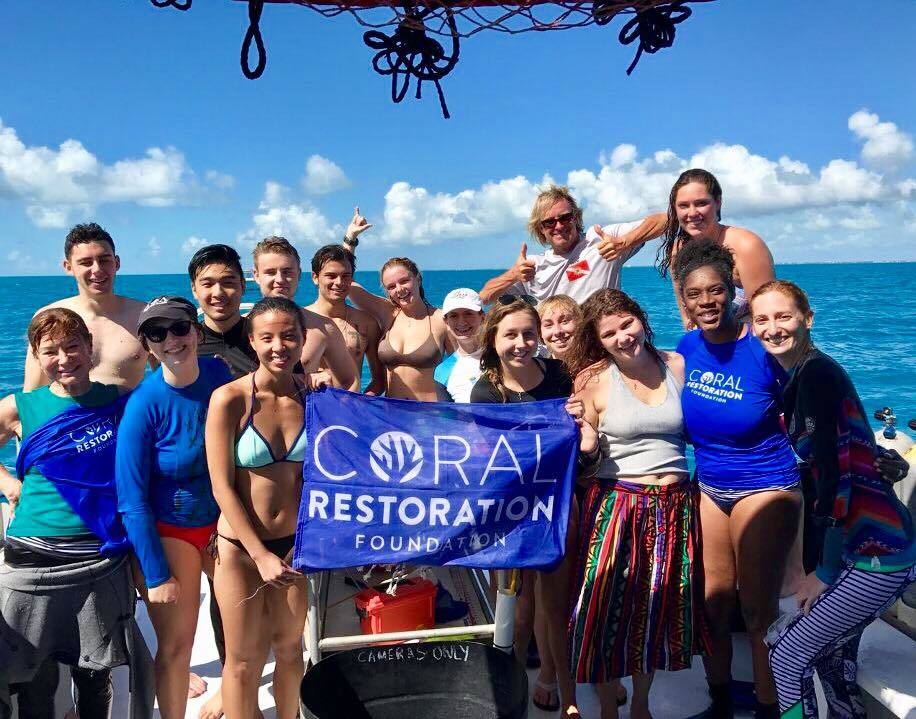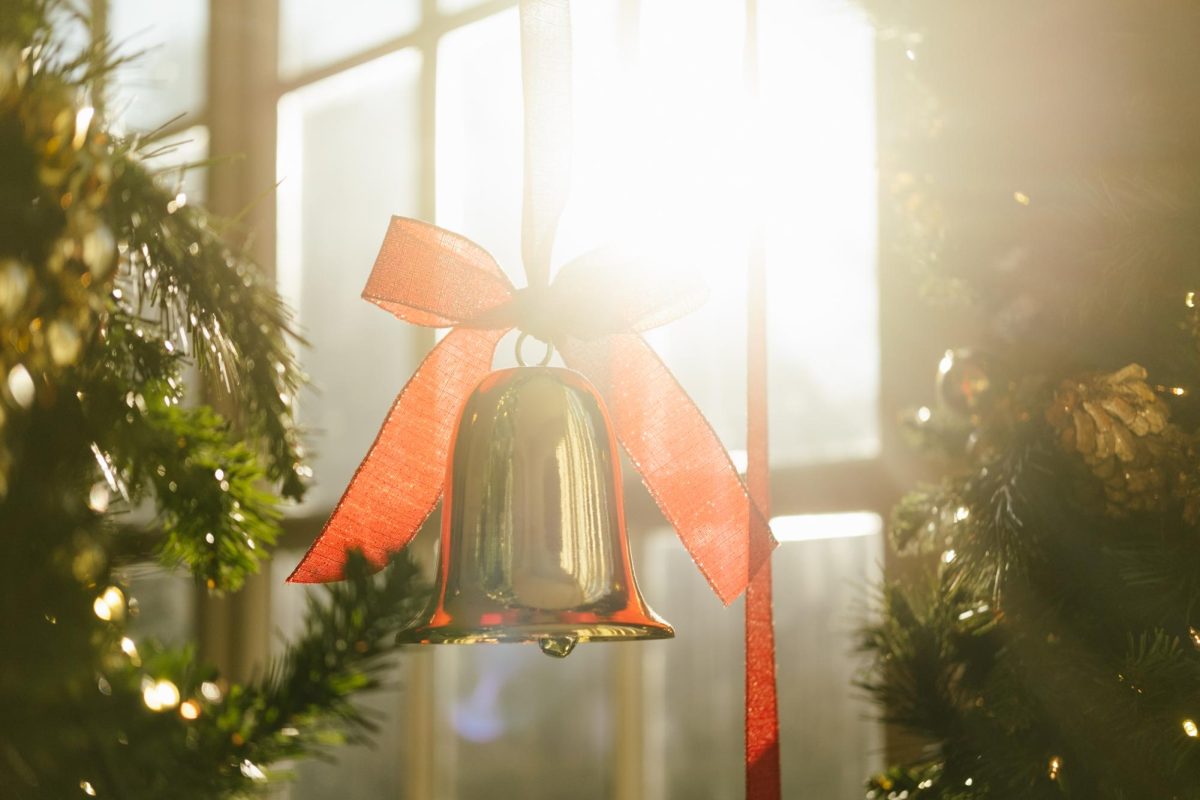One month after Hurricane Irma’s devastation, the GDUB Scuba Diving Club spent their fall break underwater restoring coral reef damage in the Florida Keys.
The two cofounders of GDUB Scuba Diving Club began planning a fall break trip with the Coral Restoration Foundation to dive and plant new coral in Key Largo, Fla. about a year ago. But after Hurricane Irma hit the region and devastated the aquatic life in the reef, the 11 members going on the trip had a lot more work to do than they originally expected.
Chloe King, a junior majoring in international affairs who co-founded the GDUB Scuba Diving Club two years ago, said the devastation on land was heartbreaking and they witnessed broken trees, debris and houses that had fallen apart. But below the water’s surface, the devastation was just as dramatic, she said.
“It was a ghost town, like a nuclear explosion went off and there was ash raining down, but instead of ash it was sand,” she said. “A lot of the coral was knocked off and still stirred up. Corals are the first line of defense against the hurricanes and they are usually hurt first and the most damaged.”
“I’ve been diving on those sites and it was really sad to drive around and see the debris.”
Hurricane Irma destroyed more than 600 residential and commercial structures in Florida Keys when it hit last month, the Miami Herald reported. The Florida Keys National Marine Sanctuary and state environmental and fisheries officials recently started a comprehensive assessment of coral damage sustained from Irma this month.
Eleven members from the GW group, which has about 250 members in total, spent three days in Key Largo diving twice each day starting at 7 a.m. For the first two days of the trip, the group worked with the dive shop Conch Republic and went on recreational diving trips to get used to being in the water as a precaution before starting work on repairing a section of the 360 mile stretch of coral reef.
Once acclimated to the Florida waters, the diving club got to work with the Coral Restoration Foundation, a nonprofit ocean conservation organization that works to restore endangered coral species. The group worked to repair existing coral and also applied a framework made of PVC pipelines to imitate the shape of a tree and create a surface for new corals to grow.
The group raised $3,500 through GW’s Colonial Crowdfunding program, which is an online platform where student organizations can raise money for special projects and trips. King and Robles opened the page in fall 2016 where friends and family donated to their cause. The donations were used to fund about $300 toward the cost of each student’s trip.
Gabriel Robles, a junior majoring in archaeology who co-founded the group with King, said he grew up in Tallahassee, Fla. and this was his first time seeing the effects of the hurricane on land and in the water in Florida.
“Normally you can see 60 feet below and everything is beautiful and pristine, but now there’s devastation from the hurricanes.”
“It was really interesting in my perspective because I grew up there,” he said. “I’ve been diving on those sites and it was really sad to drive around and see the debris.”
Robles said when hurricanes hit, people often don’t think about the effect they have underwater because that area seems “kind of protected.” But hurricanes travel through the water and stir up habitats, causing devastation for the species that live in those areas, he said.
“The visibility of the water was terrible and you couldn’t even see your hand stretched in front of your face,” he said. “Normally you can see 60 feet below and everything is beautiful and pristine, but now there’s devastation from the hurricanes.”
King said coral provides a habitat for fish and other species. The coral also serves as a “first line of defense” between the deep ocean and the coast, which can help minimize the effects of hurricanes and large waves but if it is destroyed and not regrown, hurricanes will hit the land much harder, she said.
Selene Ramer, a sophomore majoring in chemistry who is also the group’s outreach chair, said going on the trip gave her a chance to combine her passion for diving with an opportunity to do meaningful work to help preserve the ocean.
“Preserving the ocean is a big passion of mine,” Ramer said. “It’s something I never experienced before. It was definitely enriching to work on the nurseries first hand.”





